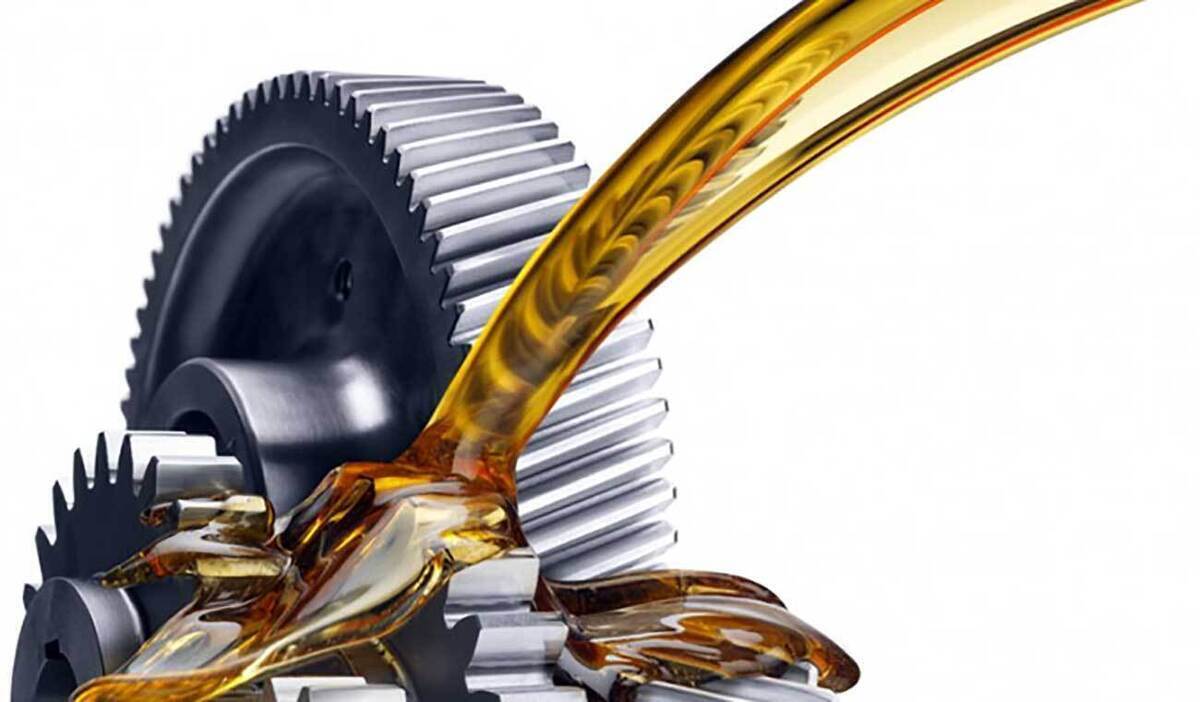Construction machinery operates in some of the most demanding environments imaginable. Heavy loads, constant motion, harsh weather, and abrasive conditions create significant challenges for the moving parts of these machines. To ensure these complex machines function reliably and efficiently, proper lubrication is paramount. Among various lubricants, Gear Oils play a critical role in maintaining the health and performance of construction equipment. In this article, we explore why gear oils are vital for construction machinery, their functions, types, and best practices for usage, all tailored for professionals seeking dependable insights at EVISCO.
Understanding Gear Oils and Their Purpose
Gear oils are specialized lubricants formulated specifically to protect the gears and other mechanical components that transmit power in machinery. Unlike general-purpose oils, gear oils contain additives designed to handle extreme pressure, reduce friction, and prevent wear in heavily loaded gear systems. In construction machinery, gear oils are used in gearboxes, differentials, final drives, and other transmission parts where intense forces occur.
The high-pressure environment inside gear assemblies generates friction and heat, which can accelerate wear and degrade components. Gear oils provide a protective film that reduces metal-to-metal contact, dissipates heat, and helps prevent corrosion. This ensures the longevity and smooth operation of critical moving parts that keep construction machines running.
Why Gear Oils Are Critical for Construction Machinery
Enhancing Durability Under Extreme Conditions
Construction equipment often operates in environments filled with dust, dirt, moisture, and temperature fluctuations. These harsh conditions can cause premature wear and failure of gears and bearings. Gear oils formulated for construction machinery include additives that form a resilient lubricating film, which withstands extreme pressures and shields gears from abrasive particles. This protection significantly extends the lifespan of transmissions and gear components.
Improving Equipment Efficiency and Performance
Well-lubricated gears reduce friction, allowing power to transfer more efficiently throughout the machine. When gear oils maintain optimal viscosity and lubrication properties, they reduce energy losses caused by frictional drag. This leads to smoother operation, improved fuel efficiency, and better overall machine performance. Neglecting proper gear oil maintenance can result in sluggish machinery and higher operational costs.
Preventing Overheating and Thermal Breakdown
During heavy-duty operation, gearboxes generate substantial heat. If heat is not effectively controlled, the lubricant can break down, losing its protective properties. Gear oils are designed to retain their viscosity and resist thermal degradation even at high temperatures. By managing heat, gear oils prevent breakdown of the oil film, avoid metal-to-metal contact, and reduce the risk of catastrophic gear failure.
Protecting Against Corrosion and Rust
Construction sites expose machinery to moisture and contaminants that can cause corrosion. Gear oils contain corrosion inhibitors that safeguard gear surfaces from rust and oxidation. This protection is essential to maintain the structural integrity of gears and prevent costly repairs or replacements.
Types of Gear Oils Suitable for Construction Equipment
Mineral-Based Gear Oils
Mineral-based gear oils are derived from refined crude oil and have been used for decades in various industrial applications. These oils provide good lubrication and protection under standard operating conditions. However, mineral gear oils may degrade faster under extreme temperature and pressure conditions common in construction machinery. They are typically more affordable but may require more frequent changes.
Synthetic Gear Oils
Synthetic gear oils are engineered with chemically modified base oils and advanced additives. They offer superior performance in terms of thermal stability, oxidation resistance, and shear stability. Synthetic gear oils can maintain their viscosity over a broader temperature range, making them ideal for heavy-duty construction machinery that operates in extreme conditions. Though costlier upfront, synthetic gear oils often provide better long-term value through extended drain intervals and enhanced equipment protection.
Semi-Synthetic Gear Oils
Semi-synthetic gear oils blend mineral and synthetic oils to balance performance and cost. They offer improved protection over mineral oils while being more economical than fully synthetic options. This makes semi-synthetic oils a popular choice for many construction fleets seeking reliability without overspending.
Key Additives in Gear Oils for Construction Machinery
Extreme Pressure (EP) Additives
EP additives are vital for gear oils used in construction equipment because they create a protective layer on gear surfaces under heavy loads and shock pressures. These additives prevent welding or scoring of gear teeth, which can lead to catastrophic failure.
Anti-Wear Agents
Anti-wear agents reduce the friction between moving surfaces, preserving gear tooth geometry and extending component life. They play an essential role in protecting bearings and other transmission components.
Corrosion Inhibitors
Corrosion inhibitors protect metal surfaces from oxidation and rust caused by moisture and contaminants, which are prevalent in construction environments.
Viscosity Modifiers
Viscosity modifiers help gear oils maintain consistent thickness across a wide temperature range, ensuring reliable lubrication whether the machinery is operating in freezing cold or scorching heat.
Best Practices for Using Gear Oils in Construction Machinery
Regular Oil Analysis and Monitoring
Routine testing of gear oil samples helps detect contamination, degradation, and wear particles early. Monitoring oil condition enables timely oil changes before damage occurs, reducing downtime and repair costs.
Following Manufacturer Recommendations
Always adhere to the equipment manufacturer’s specifications for gear oil type, viscosity grade, and change intervals. Using the recommended gear oil ensures compatibility with seals, metals, and operating conditions.
Proper Storage and Handling
Store gear oils in clean, dry conditions away from contaminants. Avoid mixing different oil types unless explicitly approved, as this can reduce lubrication effectiveness.
Timely Oil Changes
Construction machinery subjected to heavy loads requires more frequent gear oil changes to maintain optimal protection. Delaying oil changes increases the risk of gear damage and costly failures.
The Role of EVISCO in Providing Quality Gear Oils
At EVISCO, we understand the vital importance of gear oils in construction machinery performance. Our range of high-quality gear oils includes mineral, synthetic, and semi-synthetic options, formulated to meet or exceed industry standards. We prioritize lubricants that offer exceptional wear protection, thermal stability, and corrosion resistance, ensuring your machinery operates efficiently and reliably on every job site. Our expert team is available to guide you in selecting the ideal gear oil tailored to your equipment’s needs and operating conditions.
Conclusion: Protect Your Investment with the Right Gear Oils
Gear oils are more than just lubricants; they are essential protectors of your construction machinery’s critical power transmission components. By reducing friction, preventing wear, managing heat, and guarding against corrosion, quality gear oils help maximize equipment uptime, extend machinery life, and optimize operational efficiency. Choosing the right gear oil and adhering to proper maintenance schedules is a proactive investment that safeguards your heavy equipment’s performance and your bottom line. Trust EVISCO to provide the expert products and guidance you need to keep your construction fleet running strong, no matter how tough the job gets.



